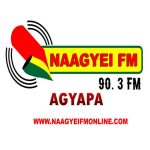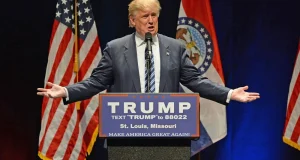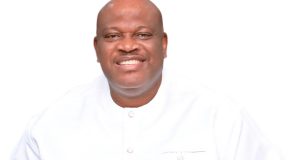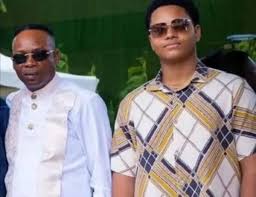
The Remembrance Mass, according to a statement signed by a former aide to the late ex-President, Mr Kobina Andoh Amoakwa, would commence at 9 a.m., with the dress code being white.
Although the public was invited to the ceremony, it said, seating would be on a first-come, first-served basis, as the Cathedral would host a limited number of congregants due to COVID-19 pandemic restrictions.
NDC celebration
Similarly, the National Democratic Congress (NDC) has outlined some activities to mark the day.
According to a statement issued by the General Secretary of the party, Mr Johnson Asiedu Nketia, the Functional Executive Committee of the NDC, at its meeting on October 26, 2021, resolved that the anniversary should be marked at all levels of the party.
“That 12th November, 2021 should be observed with various activities, including vigils and mass gatherings, with strict adherence to the COVID-19 protocol, to commemorate the event,” it said.
Commemorative speeches are expected to be made on the day to extol the virtues and principles of the late Rawlings and also recount his achievements as a statesman and his contribution as a revolutionary leader and founder of the NDC.
All regional offices of the party have been directed to ensure proper planning towards the anniversary.
Background
The late Rawlings burst onto power as a Flight Lieutenant of the Ghana Air Force following a coup on June 4, 1979 which toppled General F.W.K. Akuffo’s Supreme Military Council 2 (SMC 2) government.
As a young military leader, Flt Lt Rawlings led the Armed Forces Revolutionary Council (AFRC) to run the affairs of the country.
After democratic elections the same year, he handed over power to Dr Hilla Limann, who had won the presidential election.
But the former military strong man stormed back to power though the coup of December 31, 1981 and formed the Provisional National Defence Council (PNDC) government, which he led until 1992 when he resigned from the military and founded the NDC.
He won the 1992 presidential election on the ticket of the NDC and eventually became the first President of the Fourth Republic.
He served two terms as the democratically elected President from January 1993 to January 2001, after which he handed over to his successor, former President John Agyekum Kufuor.
Progress
The tenure of the former President saw political and economic stability of the country.
He is remembered for improved road networks across the country, the extension of electricity to rural areas, especially the northern part of the country, the provision of potable water and the putting up of many infrastructural facilities, including the Ho Teaching Hospital, the Sogakope District Hospital and the University for Development Studies.
The late Rawlings introduced the Ghana Education Trust Fund (GETFund) to support the educational sector.
The non-partisan district level elections introduced by his administration deepened the local government system in the country.
 Naagyei 90.3 Fm Agyapa
Naagyei 90.3 Fm Agyapa





